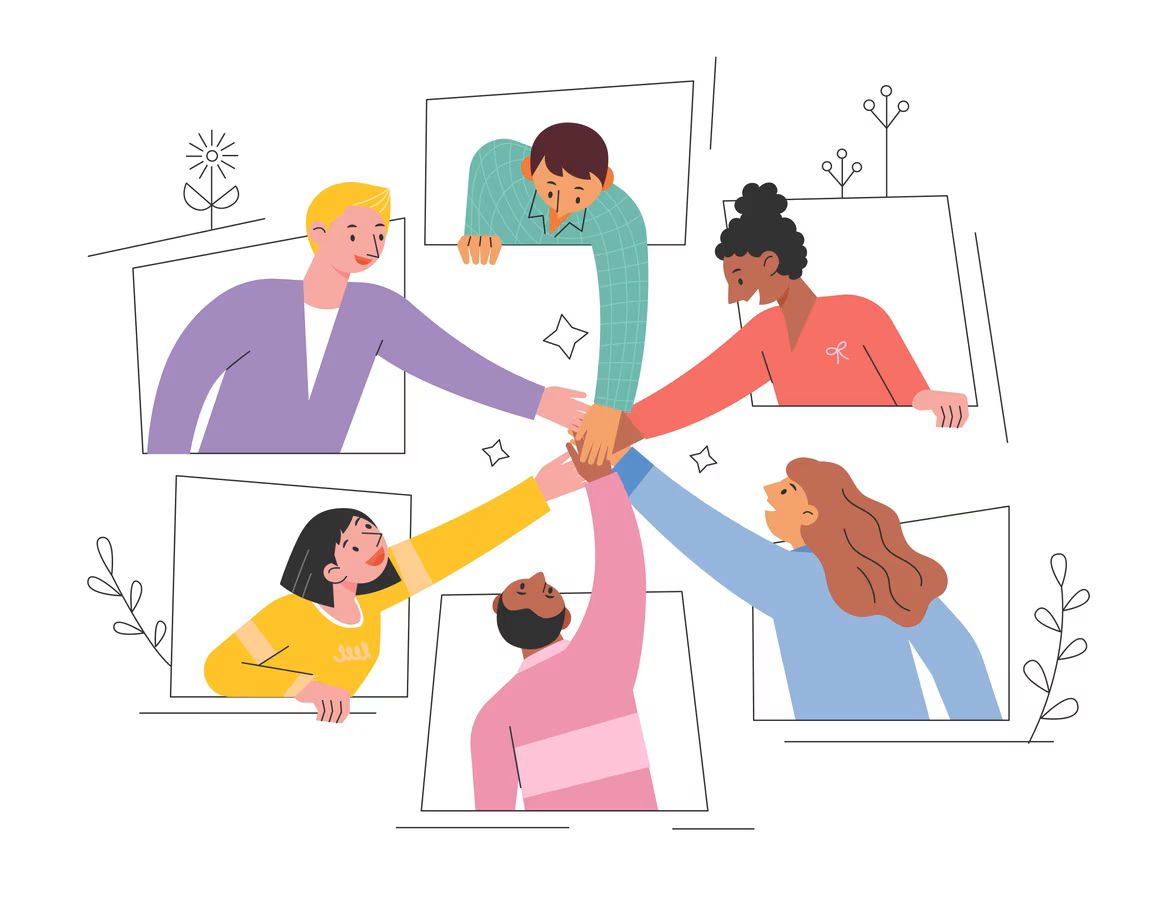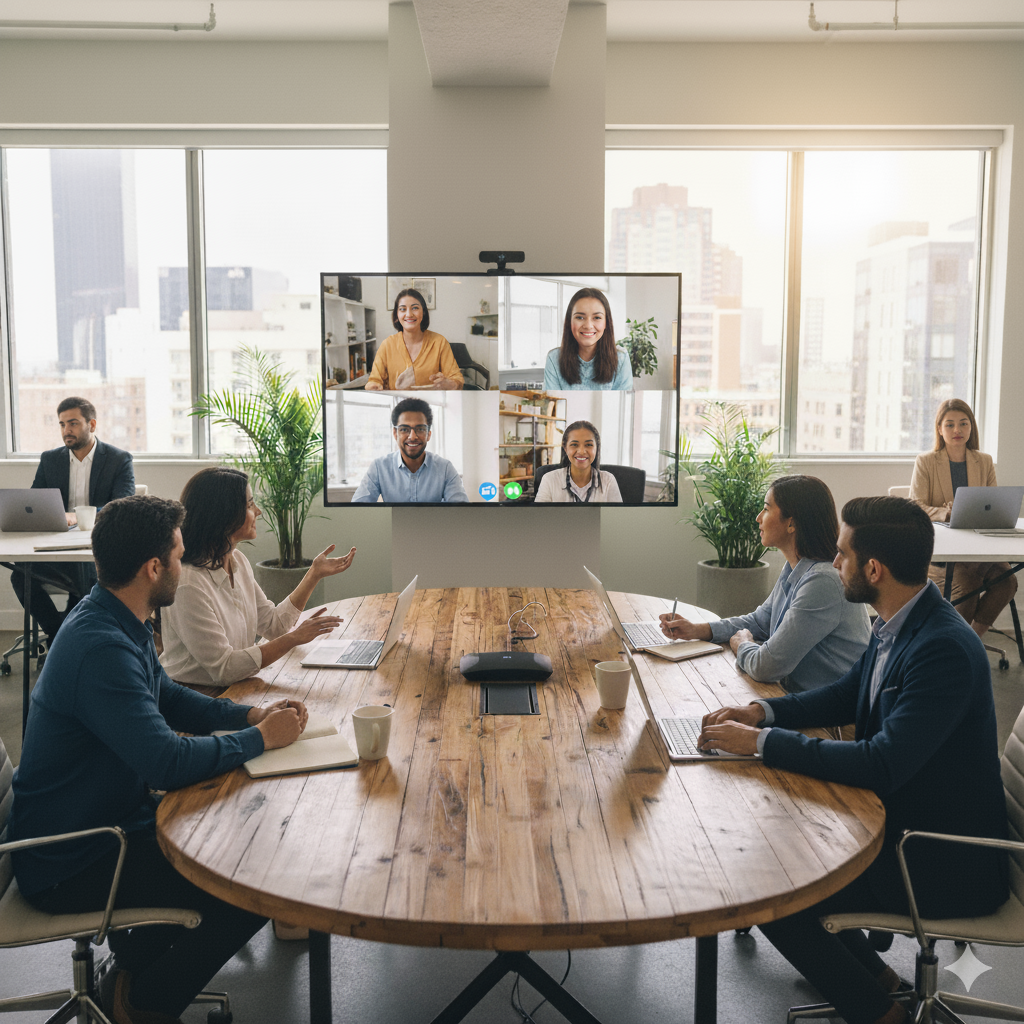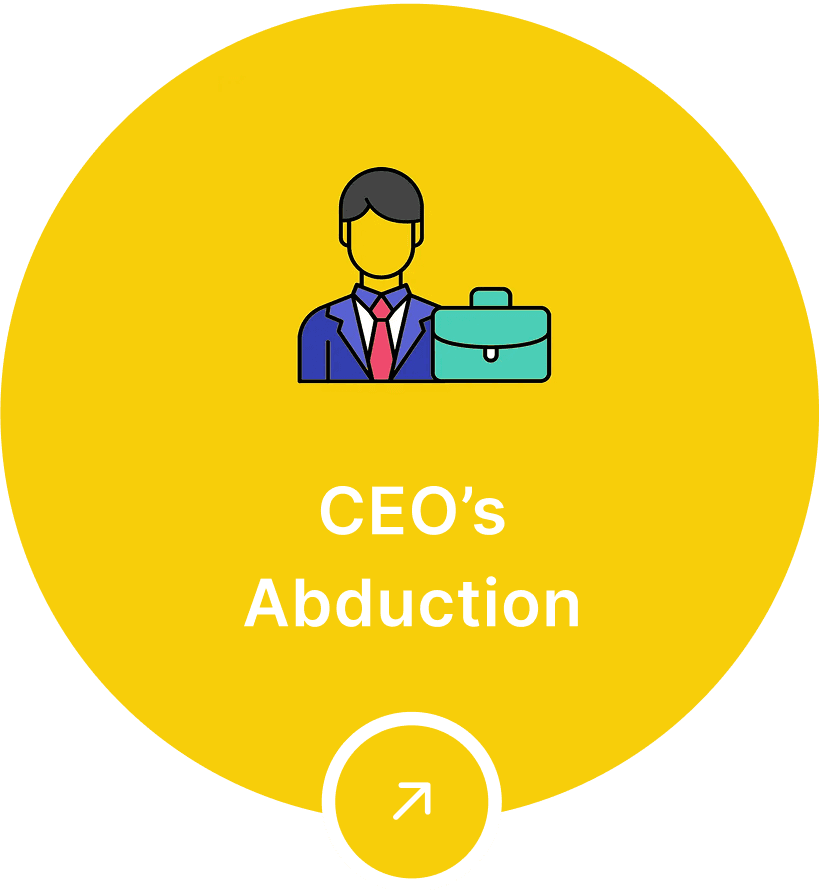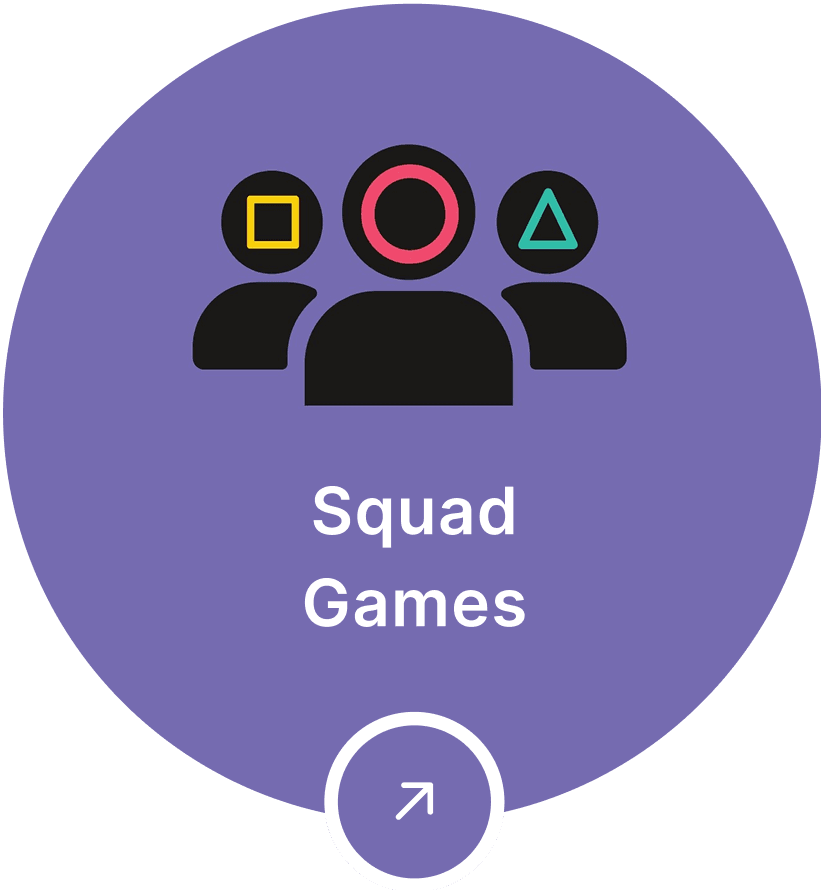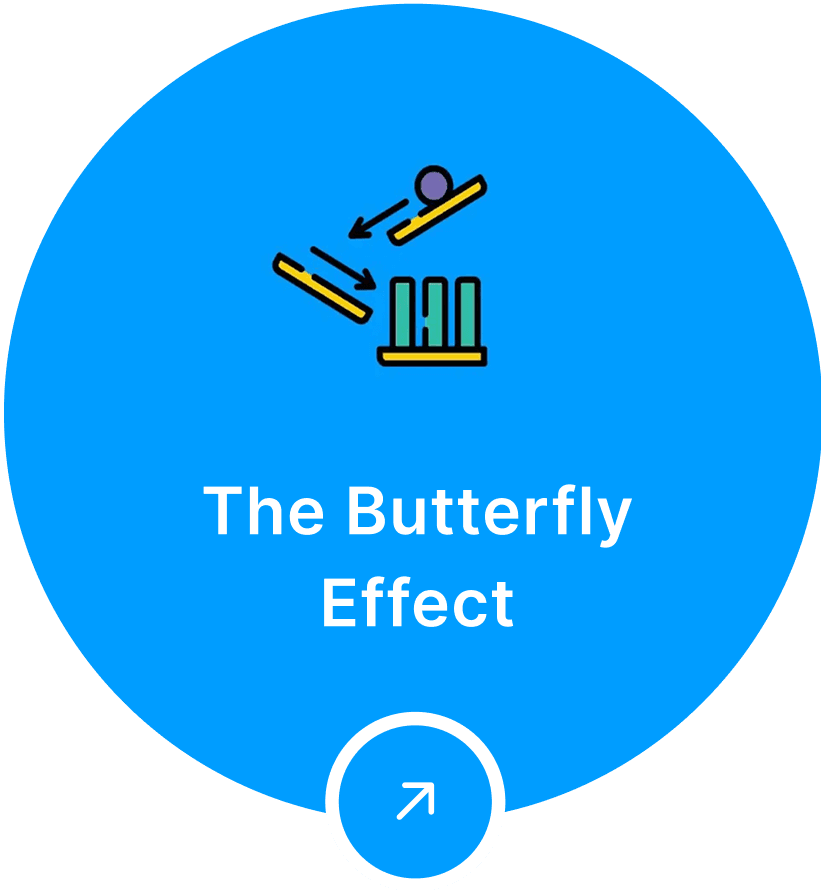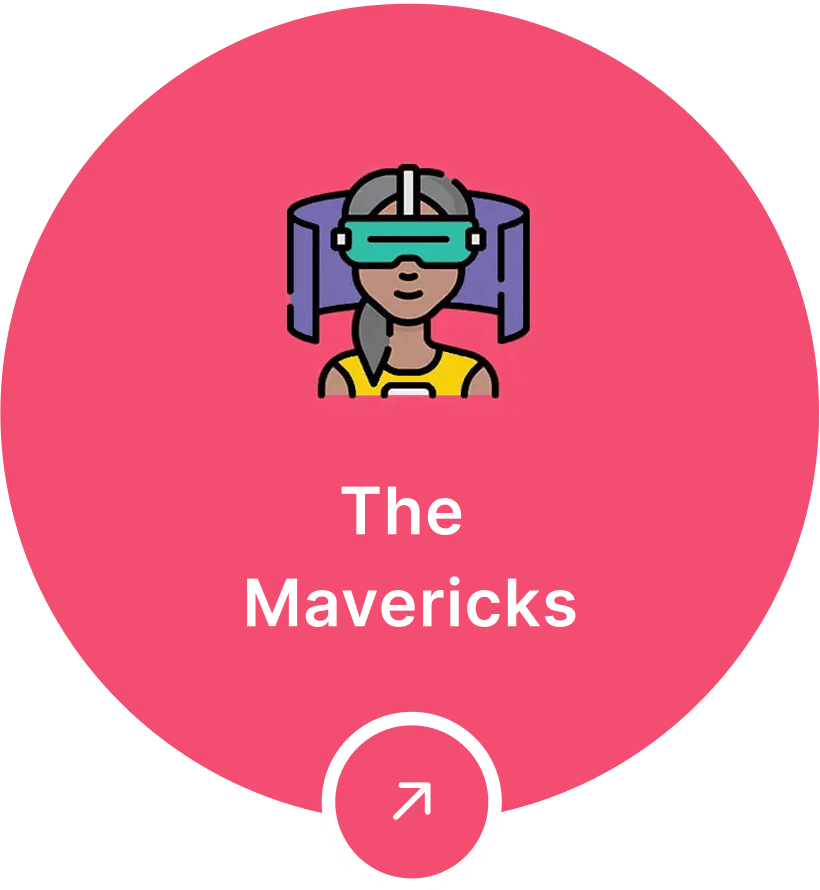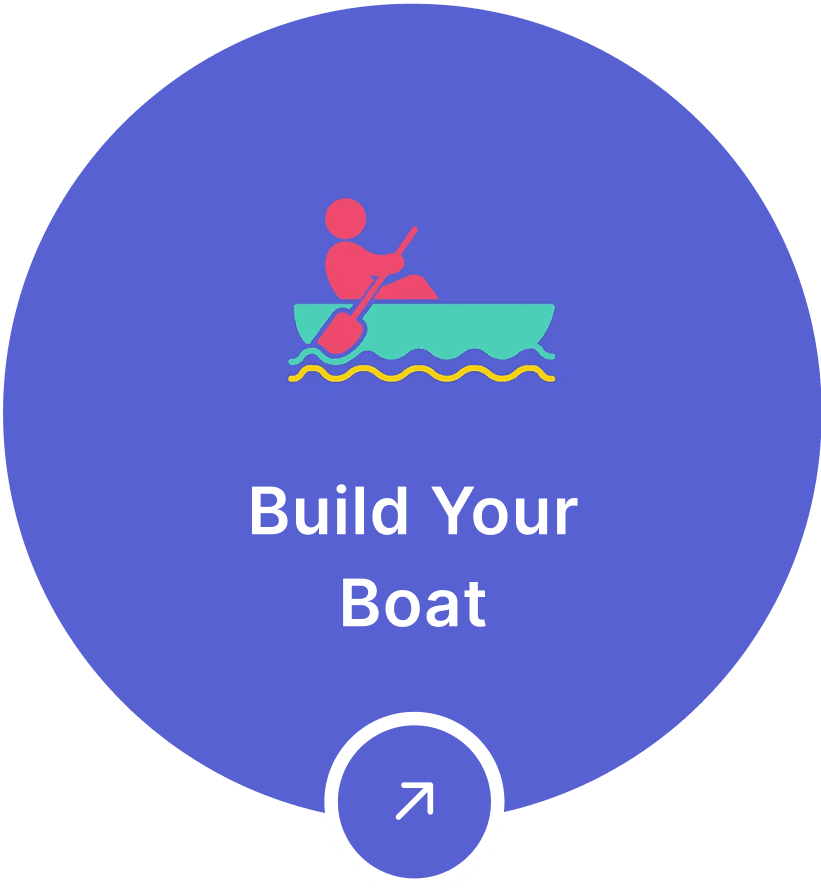It happened more than two decades ago, but I vividly remember the emotions: a deep sense of failure and melancholy.
I was facilitating a session on ‘Key Account Management’ for the first time. I had prepared for it for days—reading, practicing, anticipating questions. Yet, by lunch, participants were walking out of the room. They found the session boring and disconnected. My manager quickly stepped in and brought in a co-facilitator—essentially replacing me. I stood helplessly in a corner of the room, holding back my tears with all the strength I could muster.
We all have had such moments: ones that jolted us, bruised our confidence and made us wonder whether we are good enough.
The key to our success depends not on these incidents, but on how we react to them and what we do later. Our success depends on our ‘growth mindset’, a concept defined by Carol Dweck.
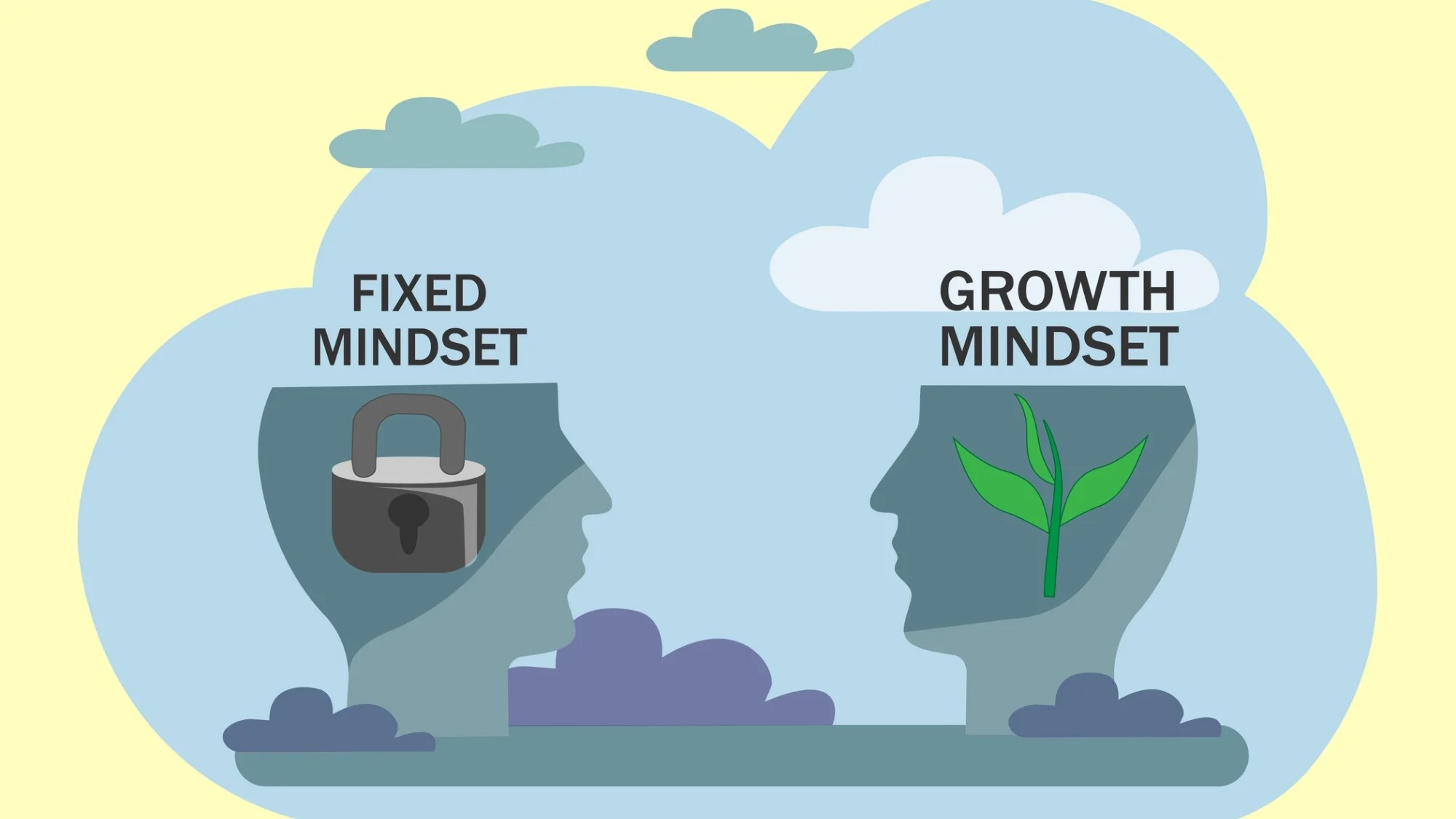
Here’s a quick recap of the two mindsets defined by Dweck: Fixed vs Growth Mindset
- A fixed mindset holds that intelligence, talent, and ability are innate. You either have it or you don’t. In this mindset, failure is seen as a verdict on capability—and thus avoided at all costs.
- A growth mindset, on the other hand, is built on the belief that abilities can be developed through effort, learning, and persistence. It acknowledges that we all start at different points, but with the right conditions, we can grow.
Seven Actions To Develop Growth Mindset
I learned to embrace a growth mindset for myself. As I grew into leadership roles, I realized that my bigger responsibility was to help my team develop a growth mindset. When a team collectively believes in learning, feedback, and self-improvement, it is on a journey towards excellence.
I leverage these seven actions to develop growth mindset in my team:
1. I openly talk about my failures: I freely share my failures with my teams, not to dramatize, but to normalize failure.
As leaders, when we speak only about our wins, inadvertently we create a culture where perfection is the expectation. That makes people risk-averse and defensive. When we share moments when we have stumbled, learned, and bounced back, we give our teams permission to do the same. Growth mindset begins when failure is seen as learning, not shame.
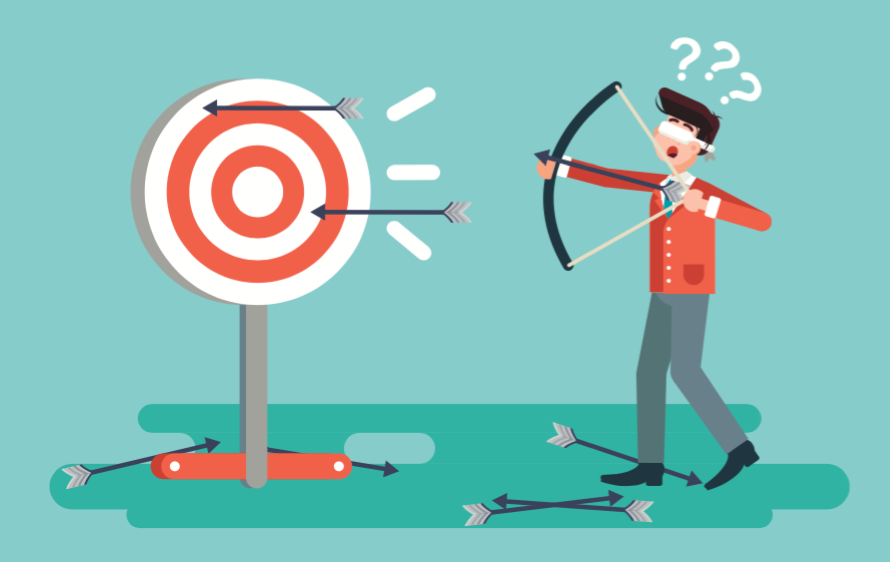
2. I encourage feedback: Being open to feedback is the heart of growth mindset. Yet, feedback can feel threatening, especially in hierarchical settings.
So I try to model it. After major projects or at specific employee life stages, I ask my team members: “What could I have done better?” When someone gives me constructive criticism, I thank them genuinely—even if it stings, especially if it stings!
Then I act on it. Because if feedback goes into a black hole, people stop giving it.
Gradually, I’ve seen team members mirror this behavior. They now ask each other for feedback, offer suggestions with empathy, and see it as a tool for growth rather than judgment.
3. I create safe spaces for reflection: A growth mindset is all about pausing, looking back, and asking: “What did we learn?”
After every critical milestone in our work or once a quarter, I invite the team for a reflection session. We discuss:
- What worked well?
- What new skills or strengths did we discover?
- What didn’t go as planned?
- Where do we still need to develop?
- What will we do differently next time?
I set the tone by starting with what I could have done better. This reduces defensiveness and enables authenticity.
4. Invest in continuous capability building: In my team, we dedicate time each quarter to learning — whether through cross-functional projects, brainstorming, exposure to new areas of work, reading books / articles and discussing them or classroom sessions.
We also discuss “learning goals” as actively as performance goals. What do you want to get better at this quarter? By institutionalizing learning, we send a clear message: growth is expected, not optional.
5. Celebrate effort, not just outcomes: Many leaders take pride in focusing on impact. They refrain from rewarding or appreciating teams till they show the impact or deliver the results. I personally see one challenge in this: if we only celebrate wins, we risk stifling experimentation. Or demotivate teams if they are working on complex long-drawn projects. Hence, I recognize when someone takes initiative, stretches into a new skill, or shows persistence.

For example, few years back, couple of members from my team worked on a proof of concept for revising policies. They gathered huge amount of internal data, voice of employees, did detailed analysis and also did benchmarking study. They finally presented the findings and recommendations for policy change. Unfortunately, due to changed circumstances within the organization, it was shelved. Imagine, the impact of ignoring their efforts! Instead, we applauded their initiative and thorough working. That encouragement made all the difference for our future work.
6.Recognize positive shifts: Sometimes, the most powerful encouragement is simply noticing. I make it a habit to name and acknowledge shifts when I see them – be in mindset or skills or knowledge.
“You took feedback last month and applied it beautifully in this presentation — that shows real growth.”
“You didn’t let the initial rejection stop you — I can see how you’re growing in resilience.”
These small validations reinforce the right behaviors. Over time, people begin to internalize them.
7. Believe in potential, especially when they don’t: Every now and then, a team member will hit the wall and begin doubting himself or herself. That’s when our belief matters most. I remind, “You’re not expected to know everything today. But I see your ability to learn and figure it out.”
This belief — when communicated with sincerity — often becomes the bridge between someone’s self-doubt and their next breakthrough.
Growth Mindset Is Not A Quick Turn-On Switch
I would like to close by highlighting that growth mindset is not a switch that can be turned on overnight. As leaders, we need to nurture it in our teams — through words, actions, and most importantly, consistency.
Is it easy? No! Yet, as Carol Dweck says, “in growth mindset, challenges are exciting rather than threatening.”
Question is – are we ready to embrace it in ourselves and our teams?
By Padma Rajeswari
Group Head- Organization Effectiveness & HR Transformation,
Aditya Birla Group

Padma is an HR Leader with three decades of experience across multiple industries and cultures. Currently working as Group Head– Organization Effectiveness and HR Transformation with the Aditya Birla Group, she also provides guidance to Aditya Birla Center for Enriching Lives. Prior to this, she worked with organizations like Dr. Reddy’s Laboratories, Flextronics, Infosys and Larsen & Toubro. Padma specializes in Purpose and Values, Leadership Development, Visioning and Culture, Large-scale change, Employee Listening, Engagement and Well-being.
She holds an undergraduate degree in Electronics & Communication Engineering and Executive MBA from University of California, Los Angles and National University of Singapore.
Looking to develop the leadership talent in your organization? Let Korelate Learning help with one of several customized leadership development workshops. Whether it is helping improve business communication or inculcating a growth mindset, these leadership workshops are designed to unlock and unleash the leadership potential of your people. Contact us now!
Images courtesy: FieldCircle.com |Entrepreneur.com/Getty Images | StartUps.com


